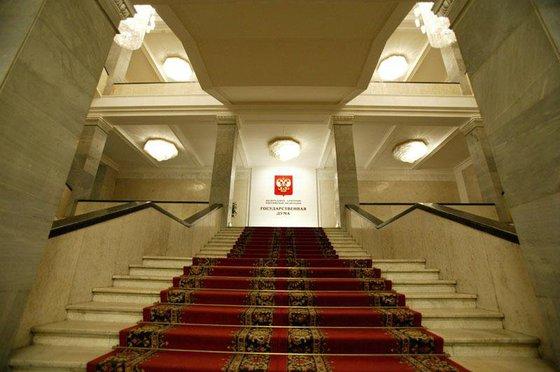
The American sociologist Edward Banfield in 1955 explored the society of the small town of Chiaramonte in the South of Italy (Basilicata region). According to the results of works he wrote the book “The moral basis of a backward society” – Moral laws of a backward society.
These moral laws are as follows:
1. No one will promote the interests of the group or community if it is not profitable to him personally.
2. Only officials think about public Affairs, because only they get paid for it. For an individual a serious interest in social problems is abnormal or even unworthy.
3. The behavior of the officials due to the very small number of constraints, as setting up these checks is a matter only of other officials.
4. Joint action is difficult to organize and maintain. Motivation needed to create organizations that are unselfish and intangible. In addition, the organization is the high degree of trust of its members to each other and loyalty to the organization.
5. Heads of organizations will not invest more than necessary to maintain their posts, or (if possible) promotion. Similarly, professionals and educated people will not feel a calling or mission. In reality, official position and special training will be considered as a weapon against others.
6. The law would be violated when there is no risk of punishment. People will not enter into agreements that depend on the work of the law enforcement system, unless it is probable that the law will be applied, and the costs of this are not too great.
7. The official will take bribes when possible. Regardless of takes or does not take, everyone will consider that he takes.
8. The weak will prefer the regime which will maintain order with a strong hand.
9. Any statement that he is motivated by the public, not his personal benefit is perceived as cheating.
10. There is no connection between abstract political principles and concrete behaviour in everyday life.
11. There are no leaders and no followers. No one will advance the cause and to convince people (if it is not in the private interest), and if someone offered leadership, people rejected it because of distrust.
12. The ballot will be used for short-term material gain.
13. Improvements in society would be appreciated by man only when he wins and his family. He would vote against improvements that do not benefit him personally, as he evaluates his life in comparison with their neighbors.
14. The voter does not pay attention to the promises of the parties. He will vote for those who have already provided some benefit, but not those who only promises.
15. It is assumed that any ruling group of selfish and corrupt.
16. Despite the willingness to sell their votes, political organizations are not developed. The reasons are as follows: (a) the vote is secret and the voter cannot be trusted; (b) there will be sufficient financial benefit to the political organization had paid off; (b) the previous reasons, it is difficult to create any organization.
17. Party workers will offer their services to those who will pay more. Their tendency to change the membership explains a sudden jump in the results of parties in elections.








